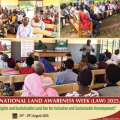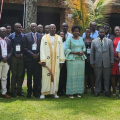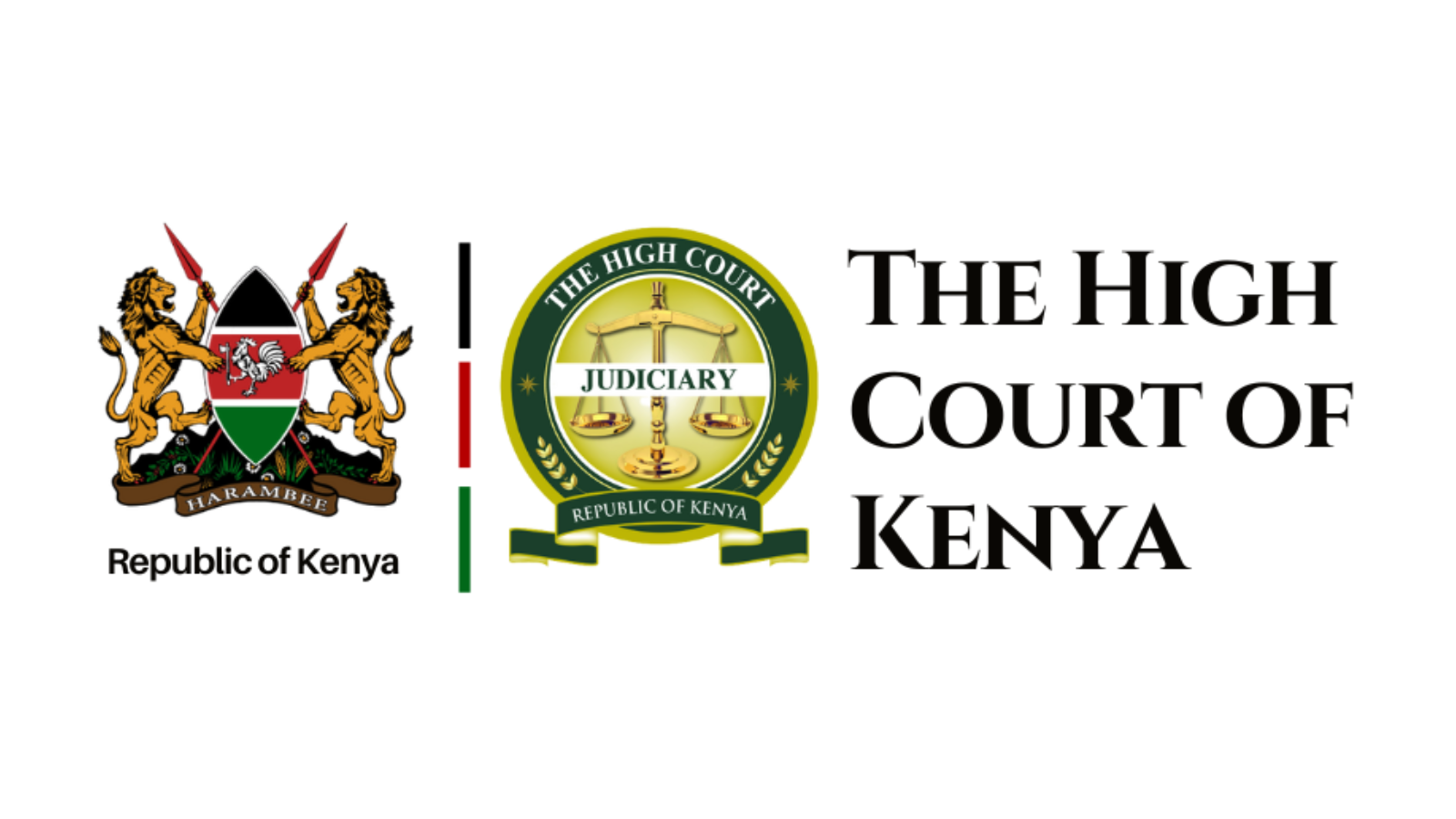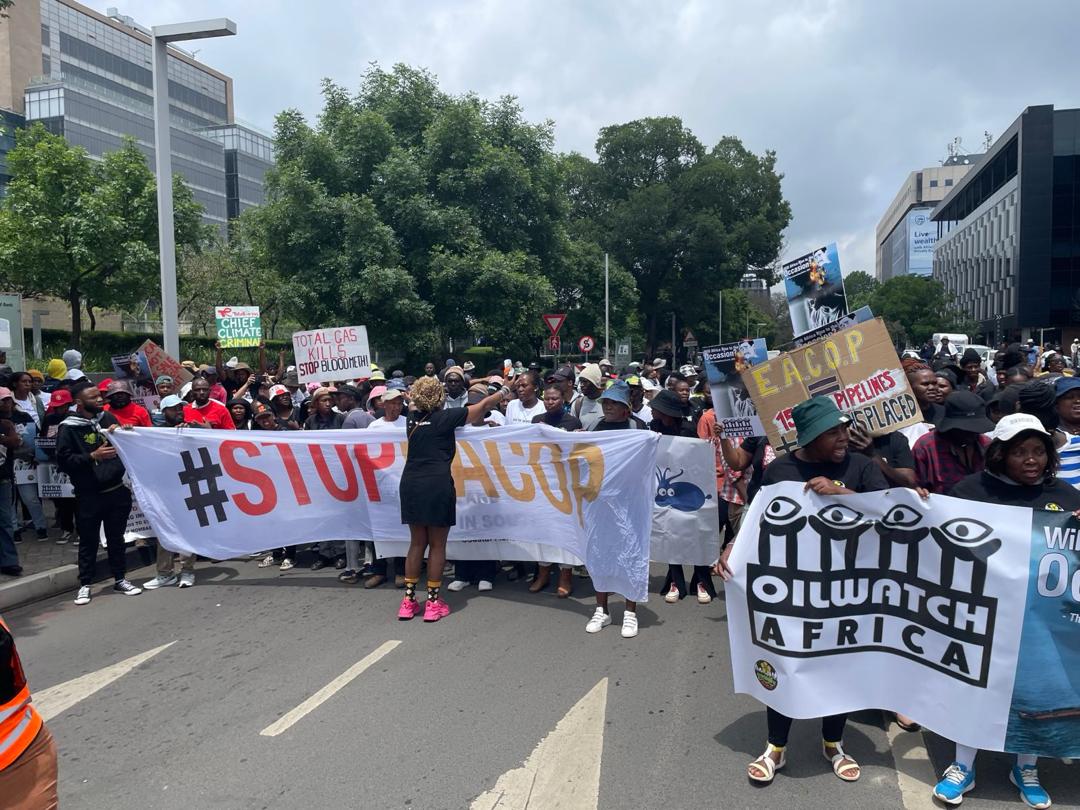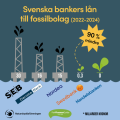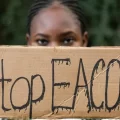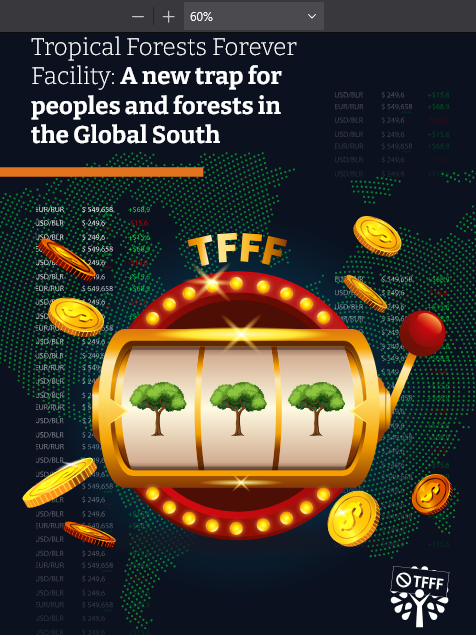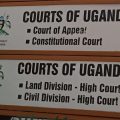By Witness Radio team.
During the 9th National Land Awareness Week, a campaign aimed at educating communities on their land rights and promoting sustainable land use in Eastern Uganda, Land actors unveiled shocking realities. Local communities revealed that the issue of escalating land grabbing in Sebei and Bugisu was a potential trigger for violent conflict if left unresolved.
The 5-day-long activity, held under the theme “Promoting Land Rights and Sustainable Land Use for Inclusive and Sustainable Development,” created opportunities for engagement with farming communities, local governments, and customary landowners. However, the stories that emerged were filled with tales of dispossession, impunity, and betrayal, with influential individuals and state agencies involved in serious violations and abuses that have continued to fuel conflict, insecurity, and suffering in rural areas.
Lwanga Deborah Marie, who works with ActionAid International Uganda and is one of the experts who participated in the campaign, noted that it has become alarmingly easy for politically connected individuals to take land from impoverished communities.
“Many community members, the have-nots, are the majority. The haves are the minority. But there have been a lot of stories, a lot of testimonies coming in from the community regarding people with power, people with money, people with connections, coming in to displace the vast majority of the communities and go ahead to get titles, land titles to land on which community members are staying.”
In Kween district, sub-counties such as Ngenge, Ngiriki, and Chepsukunya were cited as hotspots. Experts warned that this unchecked pattern of elite-driven land grabbing could spark instability. “It is a ticking time bomb. If it is not addressed, there are fears it could cause bloodshed,” Deborah cautioned.
The experts also uncovered allegations of violent evictions by the Uganda Wildlife Authority (UWA), which has displaced ancestral communities in the name of conservation. Reports gathered during the campaign pointed to killings, injuries, destruction of crops, and illegal detentions carried out during UWA’s operations.
“We received reports of people shot at and killed, and those shot and injured. We actually met individuals with their stories and medical records regarding these UWA violations and the destruction of food crops,” Deborah recounted.
Such behavior is deemed inhumane and violates people’s human rights, as Deborah explained.
“And this violates not only the right to food but also the right to life. It violates the right to be free from cruel, inhuman, and degrading treatment. The situation is unacceptable. There have been reports of illegal detentions by UWA. These have been one of the troubling revelations during our interactions with community members,” she said.
One community in Kapkwata, commonly referred to as Rwanda village, was forced off its ancestral land to create space for the Kapkwata forest reserve. Since eviction, the residents have been living in what experts likened to an internally displaced persons’ camp—without toilets, health facilities, or farmland. Their demand, as experts relayed, is not charity but justice: an alternative land to rebuild their lives.
The activity also revealed a disturbing pattern of gender discrimination in land ownership. According to these experts, they noted that even when women contribute money toward purchasing land, they are not recognized as co-owners but merely as “witnesses.”
“The bigger picture of their rights being violated is their land rights,” Deborah explained. “We heard testimonies of women contributing money towards land purchases, but they didn’t appear as co-owners. They only appeared as witnesses.” Experts warned that these practices not only deny women economic security but also perpetuate cycles of marginalization across generations.
Byantalo Hassan Abdallah, an officer from the Ministry of Lands, acknowledged government shortcomings. He admitted that communities evicted by UWA have been waiting in vain for resettlement for years, despite repeated promises of assistance. “The government has promised several times to resettle them, but this has not come to pass,” he said.
While some displaced families have been moved to Bulambuli district under interventions by the Office of the Prime Minister, communities like Rwanda remain in limbo. But Byantalo says the government and the Ministry are working hard to resettle this community.
“During the discussions that we had on the ground, especially with the communities in Rwanda, they clearly stated to us that officials from the Ministry of Land and Office of the Prime Minister (OPM) came and visited them and told them they were trying to secure some piece of land on which these people are yet to be resettled. So, the government is not seated, the Ministry of Land is working with other government agencies and ministries.” Byantalo expressed
Other structural challenges were identified, including land registration costs, which continue to prevent people from accessing formal protection. The experts also pointed to dysfunctional Area Land Committees, many of whose members confessed ignorance of their roles, thereby worsening disputes instead of resolving them.
Experts involved in the campaign called for significant reforms and follow-ups. They urged the government to prioritize resettling displaced communities fairly and with dignity, making land registration more affordable and transparent, providing widespread education to dispel myths about customary titles, and training Area Land Committees to perform their roles effectively.
They also emphasized the need to protect women’s land rights and close gender gaps in ownership, while holding state agencies, such as UWA, accountable for human rights abuses.
Christine Nabunya, a lawyer and land rights advocate, summed up the call: “We need more empowerment and sensitization of communities. Most people believe they don’t have the right to land, especially women. That is really absurd.”
As the Awareness Week concluded with a roundtable discussion, the experts unanimously agreed: the land grabbing in Sebei and Bugisu is not just a matter of property; it’s a matter of justice, survival, and peace. The stark injustice of these land issues should stir a sense of moral outrage, compelling us to work towards a fair and equitable resolution.
If the escalating land grabbing, compounded by violent state-backed evictions, is not addressed, the region could be plunged into deeper conflict. For farming communities, land is not just an asset but the foundation of food security and livelihoods. Losing it, experts warn, means losing the future. This potential for deeper conflict should underscore the gravity of the situation.
“The communities are crying out not for aid, but for justice,” Deborah said. “If we fail to act, we risk a crisis that will be far costlier to solve.” The resilience of these communities in the face of such adversity is truly inspiring.


 MEDIA FOR CHANGE NETWORK2 weeks ago
MEDIA FOR CHANGE NETWORK2 weeks ago
 MEDIA FOR CHANGE NETWORK6 days ago
MEDIA FOR CHANGE NETWORK6 days ago
 MEDIA FOR CHANGE NETWORK1 week ago
MEDIA FOR CHANGE NETWORK1 week ago
 MEDIA FOR CHANGE NETWORK2 weeks ago
MEDIA FOR CHANGE NETWORK2 weeks ago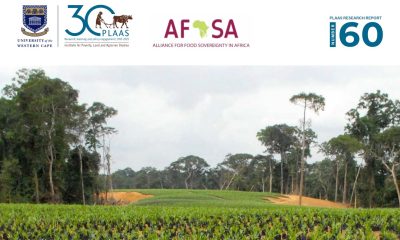
 NGO WORK2 weeks ago
NGO WORK2 weeks ago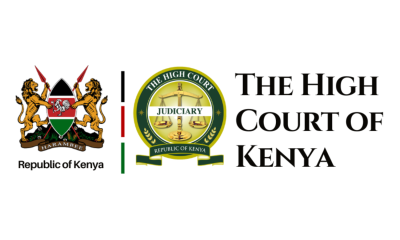
 MEDIA FOR CHANGE NETWORK5 hours ago
MEDIA FOR CHANGE NETWORK5 hours ago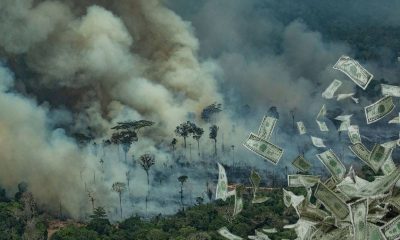
 NGO WORK2 weeks ago
NGO WORK2 weeks ago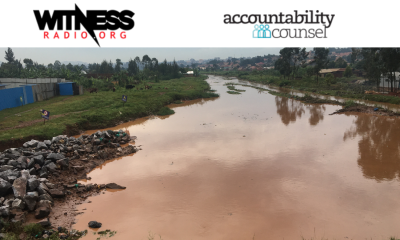
 STATEMENTS2 days ago
STATEMENTS2 days ago
